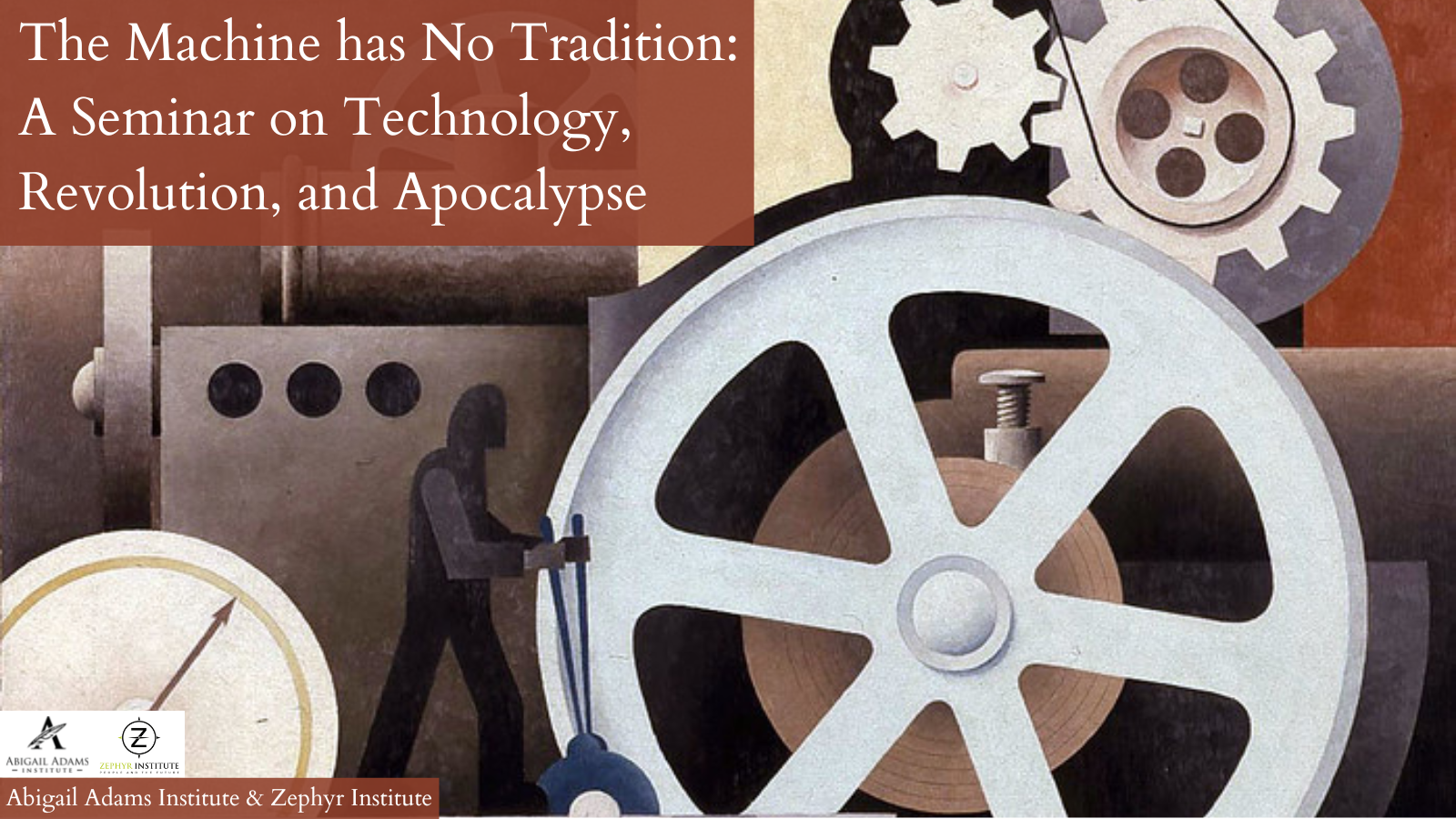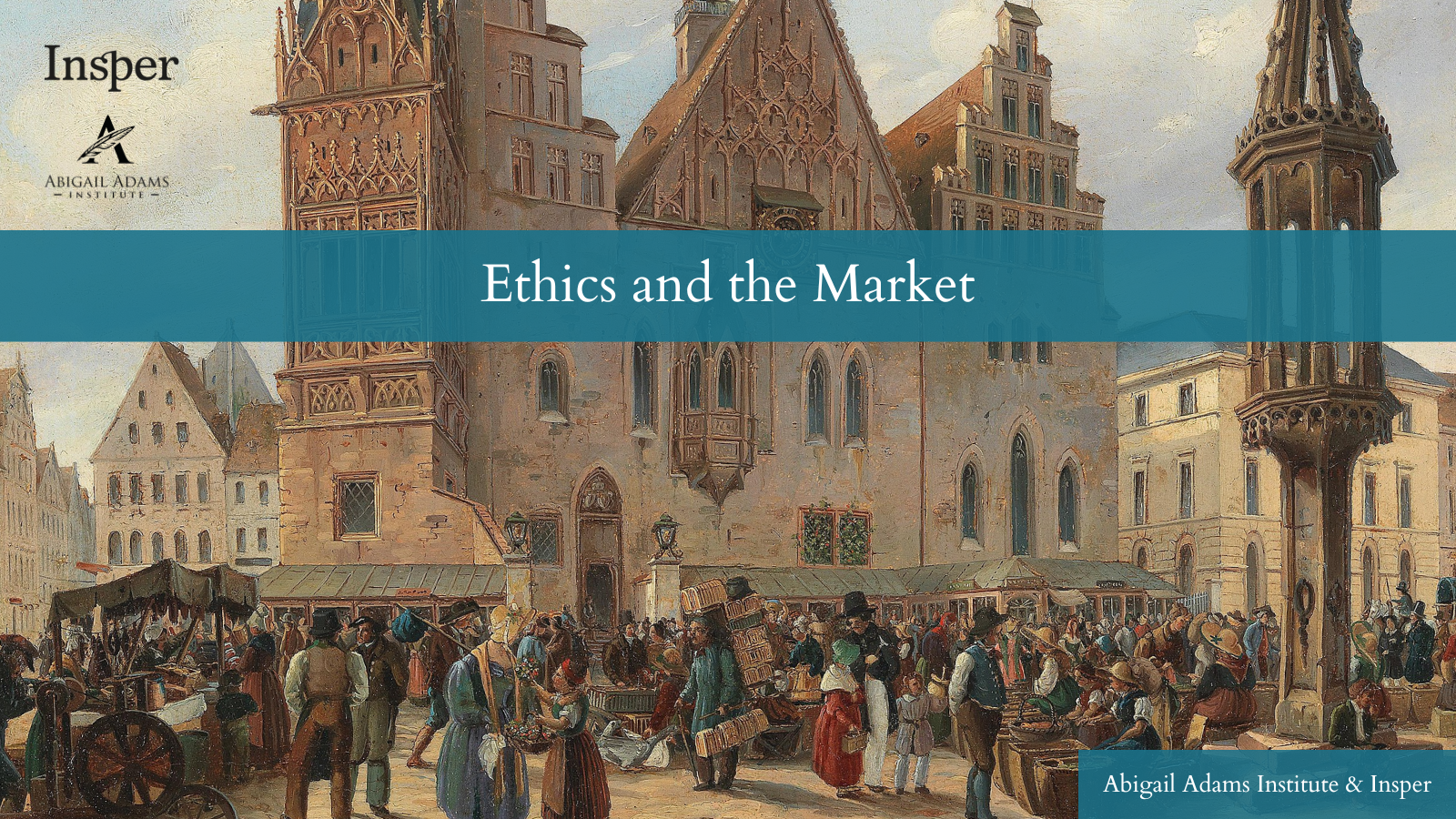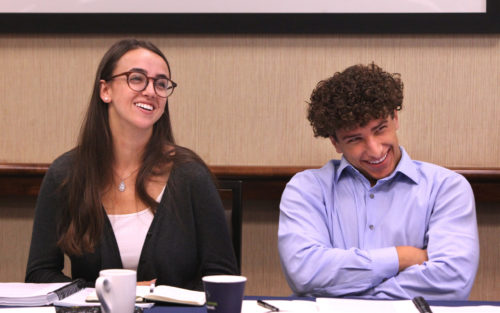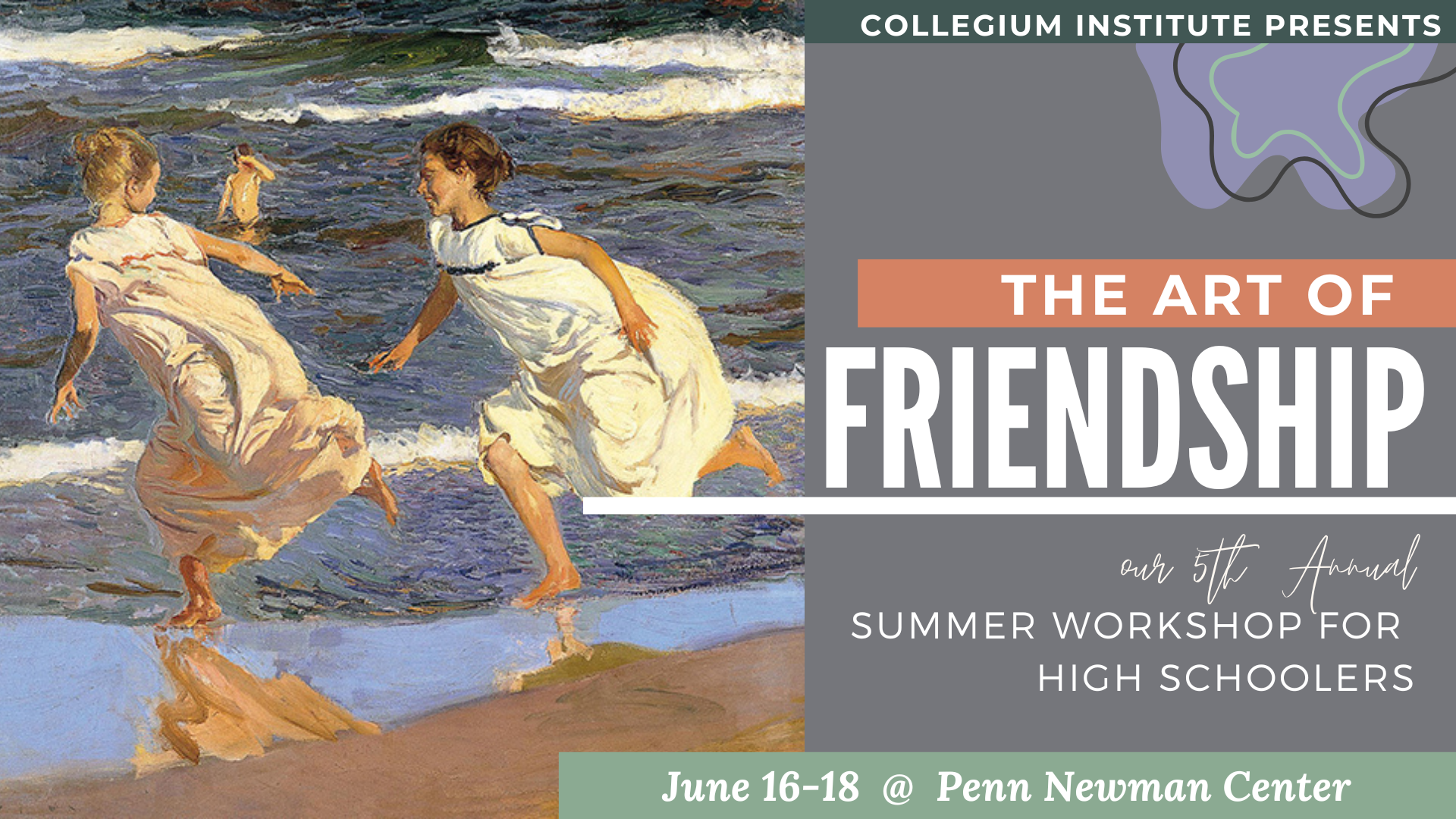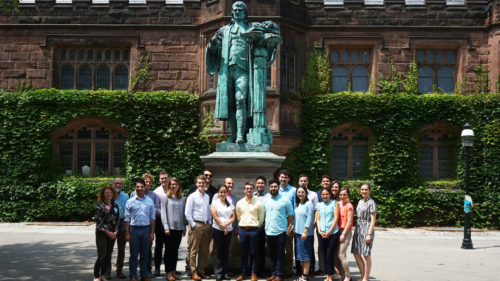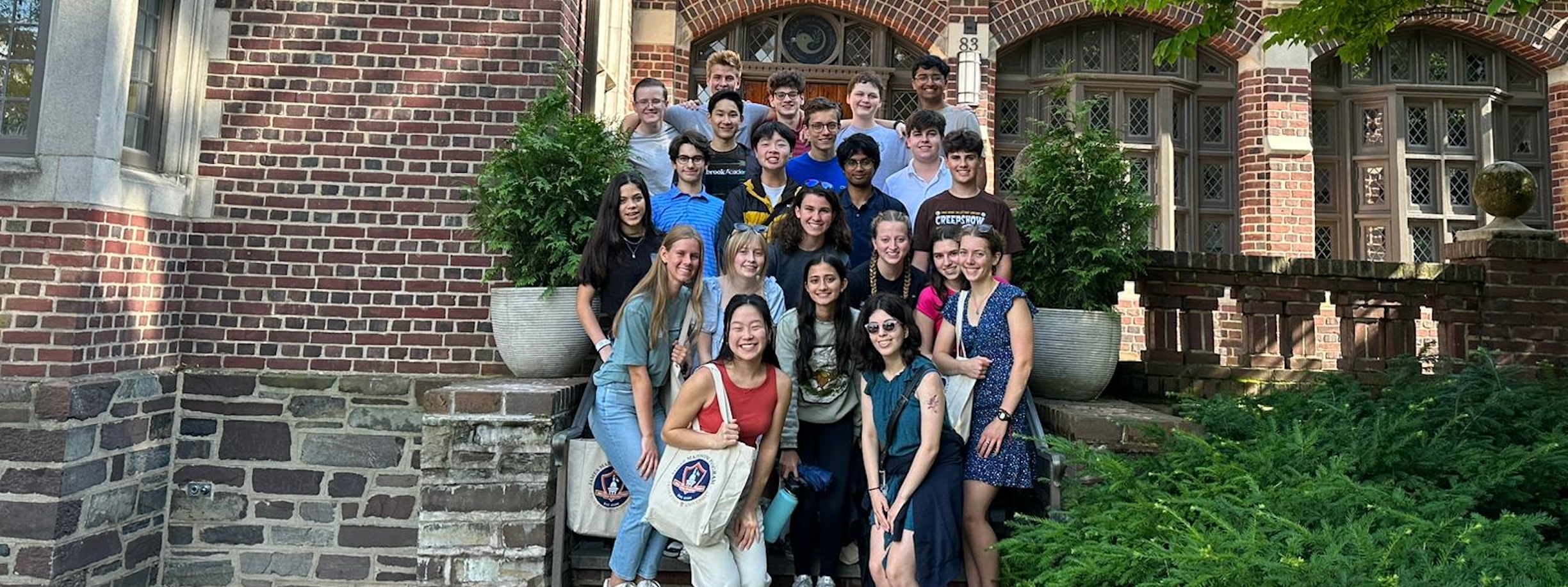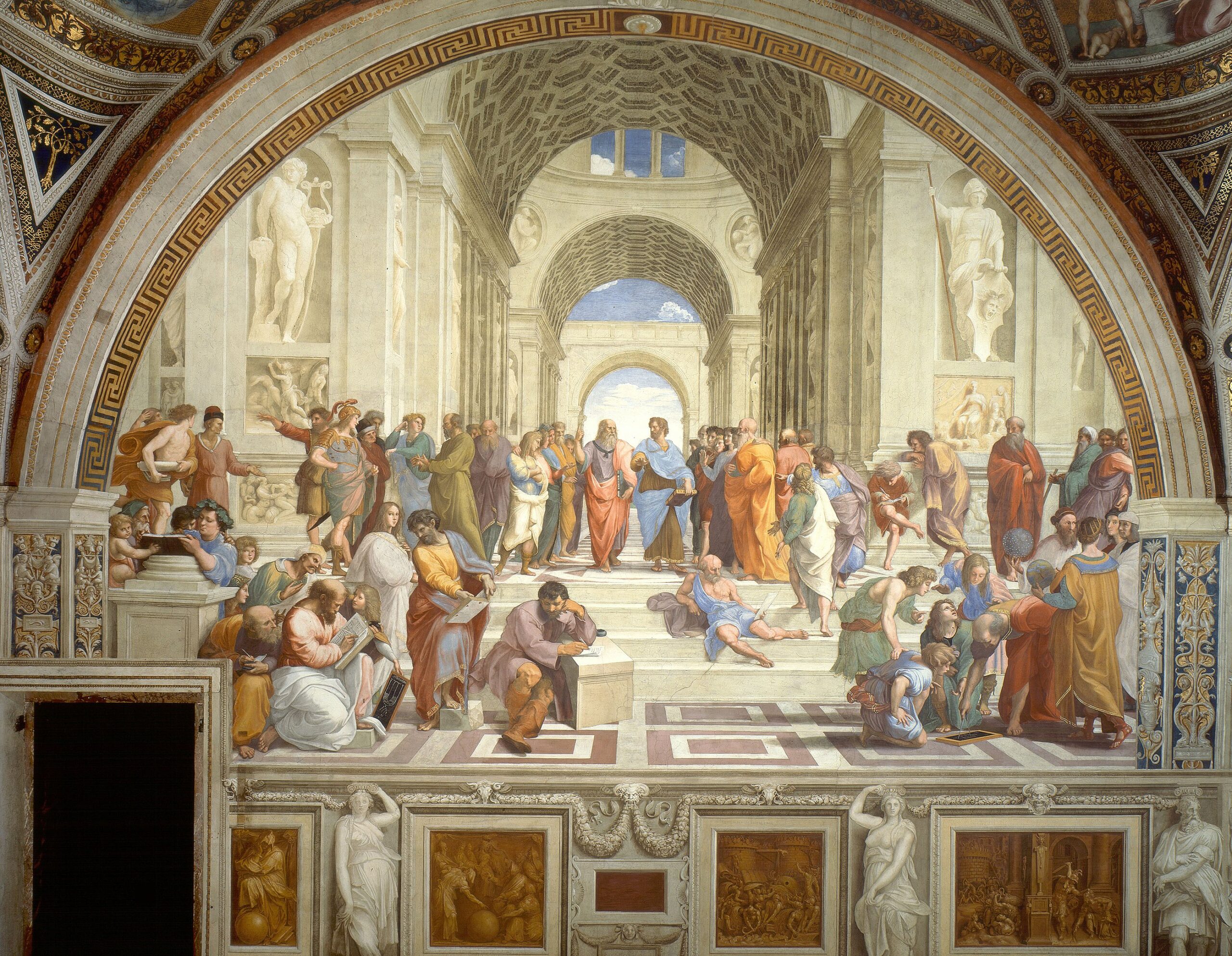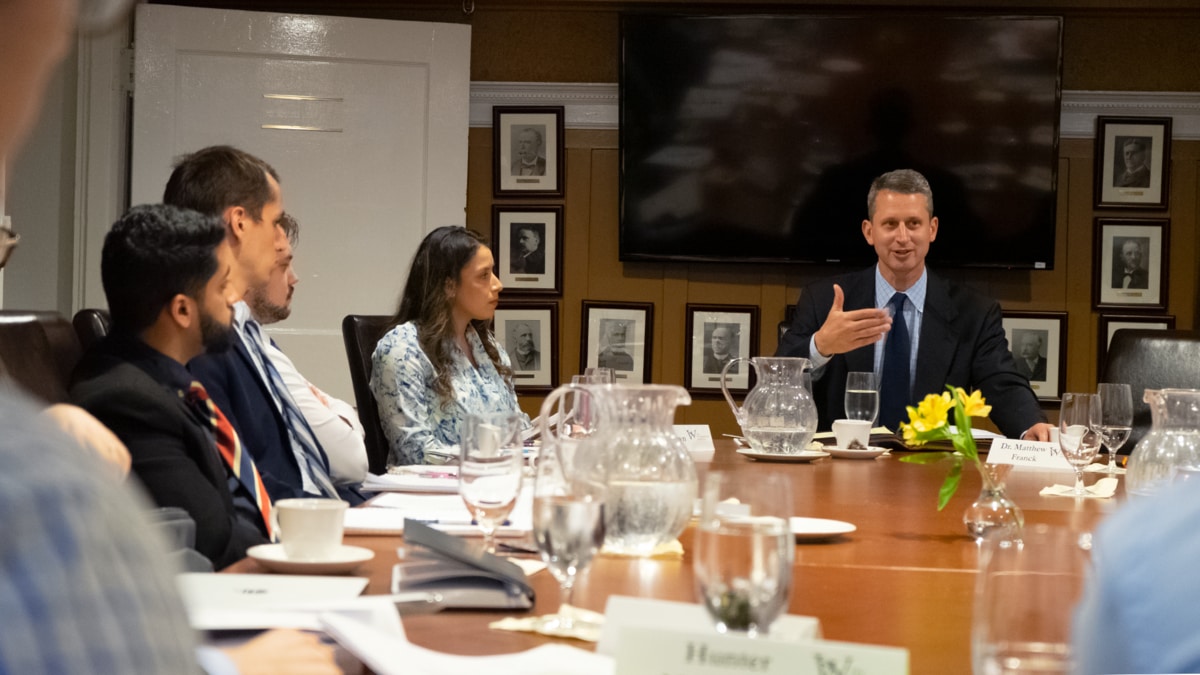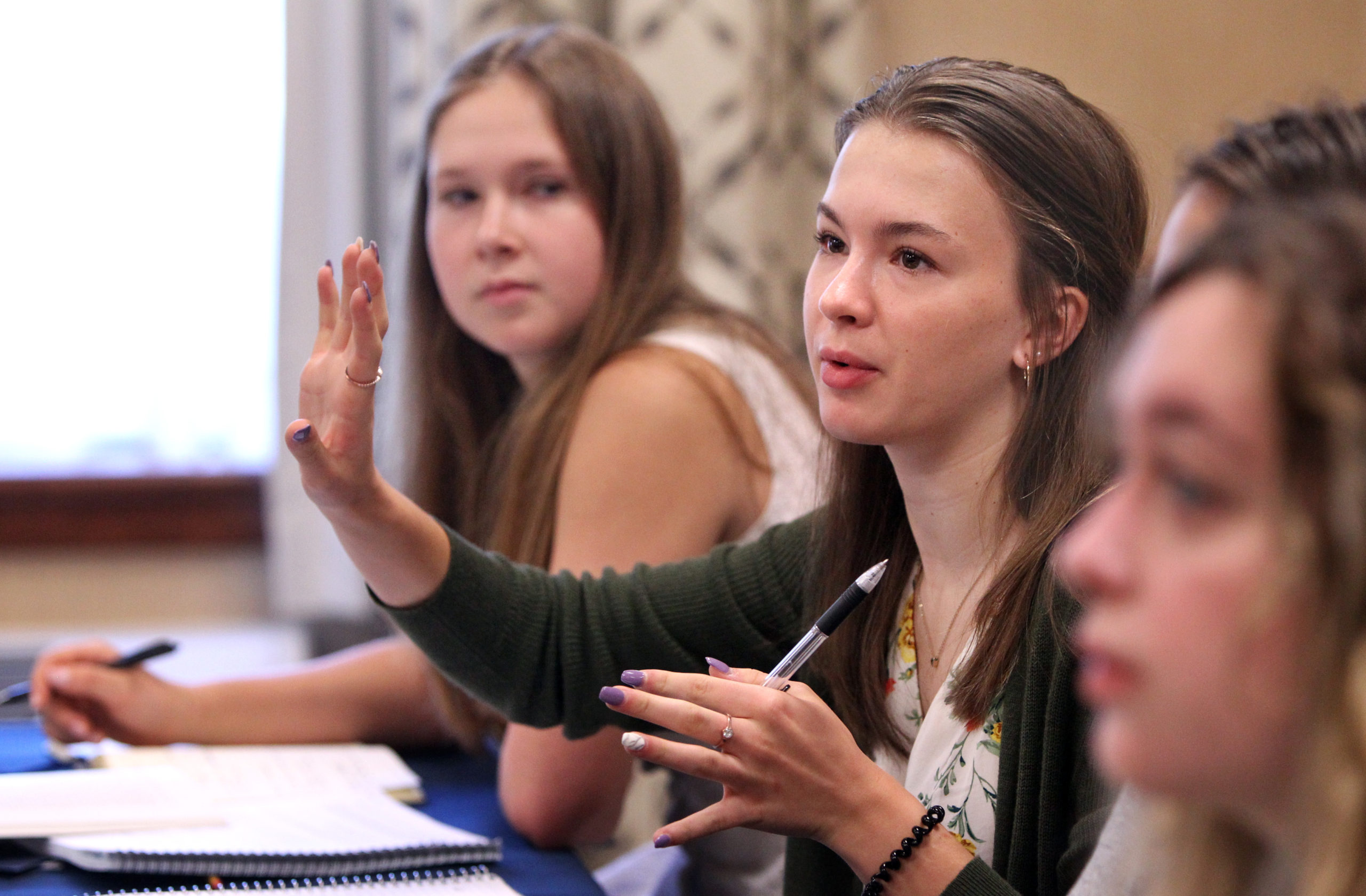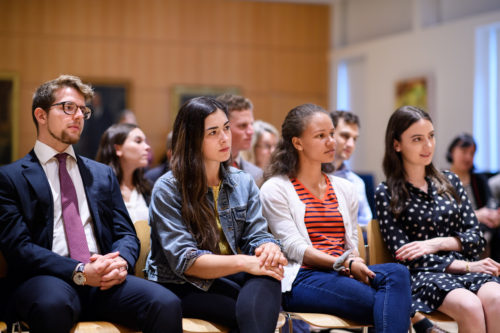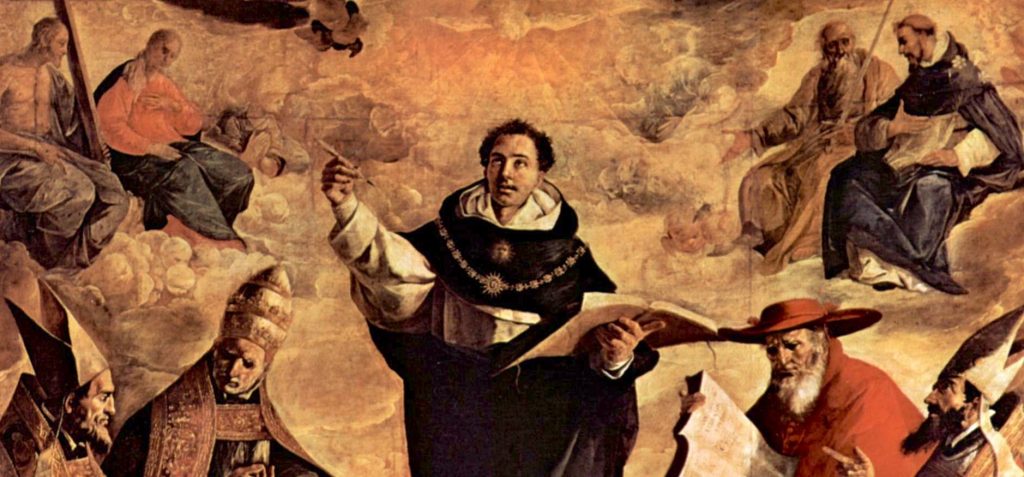Summer Seminars
Exploring Foundational Questions
Each year, institutions from across FEHE’s extensive network host a wide range of summer seminars for high school students, undergraduates, graduate students, and young professionals.
Ranging in subject matter from moral philosophy to modern bioethics, and metaphysics to marriage, our summer seminars offer a vision of human flourishing at both the individual and the societal level. The seminars offer unique opportunities for rigorous study of classical traditions and contemporary questions, conducted in a spirit of intellectual friendship, free inquiry, interdisciplinary study, and truth-seeking.
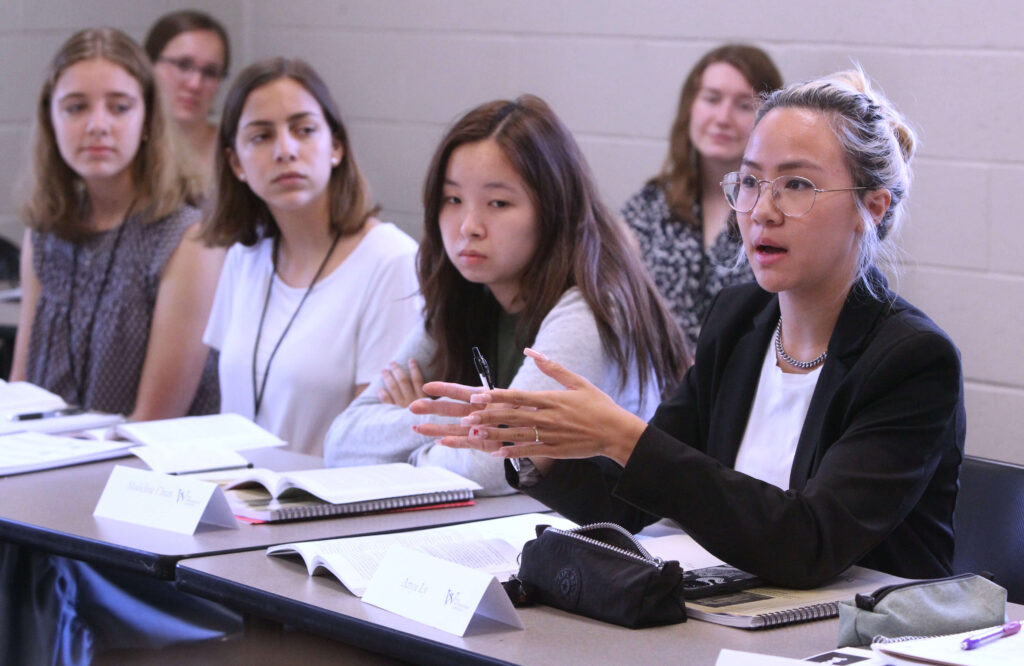
Summer Seminars Schedule 2025
The Machine Has No Tradition
The Abigail Adams Institute
June 1-7, 2025
An immersive week-long seminar that studies the essence of technology and life in a technological society, including consideration of how technology is reshaping our souls and our society and what a humanistic approach to technology might look like.
Medical Ethics Summer Seminar
The Civil Discourse Project, Duke University
June 10-13, 2025
A seminar that invites students to examine the central ethical questions that arise in the everyday practice of medicine and to interpret those questions through a moral framework drawing from both natural law and medicine’s traditional orientation toward the patient’s health.
Ethics and the Market
The Abigail Adams Institute
June 15–21, 2025
A seminar that invites students to examine the fundamental ideas that shaped our open societies, which are built—at least in theory—on the principles of market economy and constitutional democracy.
First Principles
The Witherspoon Institute
June 15-28, 2025
A two-week intensive seminar that examines two topics central to the work of the Witherspoon Institute: the purpose of the university and friendship and marriage.
The Art of Friendship
The Collegium Institute
June 16-18, 2025
This in-person summer seminar is part of the Collegium Institute’s Young Catholic Leaders Initiative for advanced high school students.
Human Meaning and the Moral Life
The Austin Institute
June 22-28, 2025
A highly interactive week-long seminar that explores fundamental philosophical questions concerning what it means to be human.
Mind and Machine
The Zephyr Institute
June 23-27, 2025
A week-long philosophy summer day camp on “Mind and Machine” for high school students.
Natural Law and Public Affairs
The Witherspoon Institute
June 24-28, 2025
A week-long seminar that examines the application of natural law insights to moral and political issues, including religious liberty and the role of the state; just war and capital punishment; abortion and euthanasia; and marriage and sexuality.
Principles of American Constitutionalism
The James Madison Program, Princeton University
July 6-12, 2025
A one-week seminar that invites students to study the fundamental questions of equality and liberty in American political life.
Happiness, Virtue, and God in Philosophy and Literature
The Houston Institute
July 7-11, 2025
A seminar that explores ancient and medieval visions of the crucial elements of a life that is happy in a deep way: virtue or moral excellence, friendship in its various modes (including marriage as a distinctive type of friendship), and knowledge of God.
The Moral Foundations of Law
The James Madison Program, Princeton University
July 13-19, 2025
A one-week seminar that covers some of the most contested areas of inquiry in legal philosophy today, including legal positivism, practical reason, human good and positive law, morals legislation, pluralism, crime and punishment, property, and rights and duties.
Moral Life and the Classical Tradition
The Witherspoon Institute
July 13-19, 2025
A week-long program for rising high school juniors and seniors interested in the ancient philosophical tradition and its influence on the Christian moral life.
Statesmanship in American History
The James Madison Program, Princeton University
July 20-25, 2025
A seminar that gives up to 20 high school teachers the opportunity to participate in a weeklong professional development event on the study of statecraft.
Thomistic Seminar
The Witherspoon Institute
July 27-August 2, 2025
A week-long seminar on Thomistic philosophy for graduate students in philosophy and related fields. The topic of this year’s Thomistic Seminar is law in its metaphysical, theological, and political significance. Each year, the Thomistic Seminar has a different unifying theme, with the philosophy of nature, philosophical anthropology, and practical rationality among past themes.
